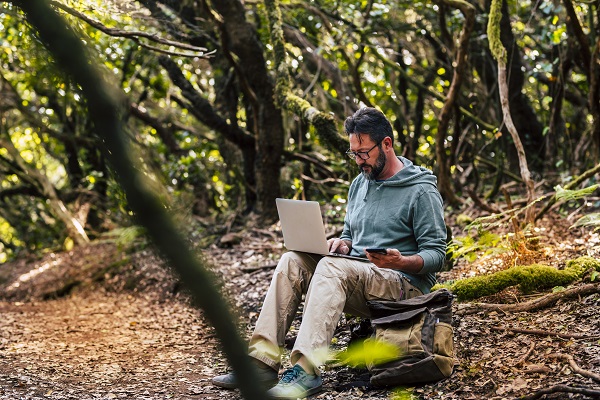National Roaming is rapidly becoming one of the hottest topics in the mobile industry. At WTL, we’ve long been vocal advocates of the concept as a means of accelerating the deployment of rural and remote connectivity. As a result, we’ve gained considerable expertise in the subject of National Roaming, recognition of which recently led to an invitation to address Nigeria’s Communications Commission (NCC), an offer eagerly accepted by Satya.

As Satya explained, one of the key problems with spectrum allocation is that owners have rights to frequency – legitimately acquired through auction processes – but regulators do not have the right to confiscate spectrum without significant legal hurdles. While this protects competition, an unintended consequence is that spectrum may simply not be used in some areas, because there isn’t an economic incentive for spectrum holders to deploy infrastructure.
But, while many national MNOs may meet their coverage obligations in terms of reaching a specific proportion of the population, they often fail to deliver truly national coverage. This can leave many hundreds of thousands, if not millions of people in rural areas denied the benefits of voice and data connectivity. So, regulators need new instruments to help encourage the spread of coverage to the most remote regions – one of which is national roaming and the establishment of neutral operators.
Neutral operators don’t own spectrum but can be given free access to what is effectively a national asset by regulators. In turn, the neutral operator is obliged by the regulator to provide open access to the licensed MNO, who can then offer service directly to end customers. So, MNOs avoid the risk of being the first to deploy infrastructure in a remote region, and can complete on more favourable terms.

Unsurprisingly, this model is beginning to excite commentators, as it provides a way of de-risking investments while delivering new economic and social benefits. So, when will it happen? That’s the big question but the very fact that an organisation as important as the NCC is exploring the concept suggests it’s now reaching the top of the agenda and may soon be on the priority list.
All of which will be great news – and, if you would like to understand more about how National Roaming models can be established, why not get in touch to have an exclusive briefing with Satya?
He’ll explain how National Roaming can work in practice, how it can be realised with Vivada – and, crucially, he’ll show you how there are hidden benefits that can be unlocked.
Book a briefing with Satya today.


